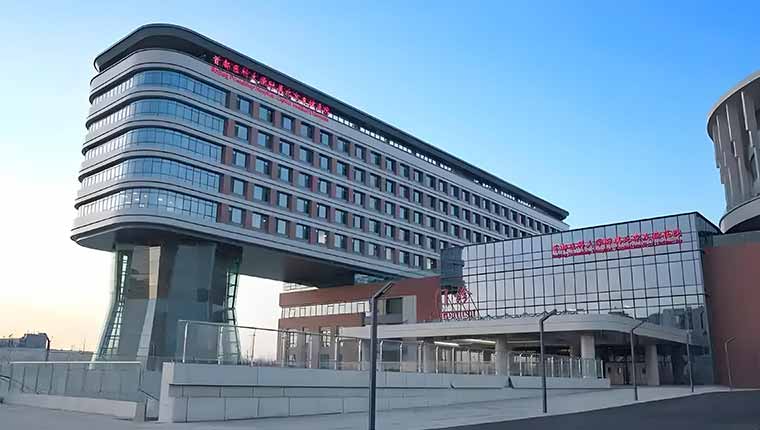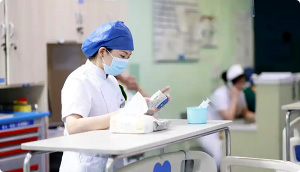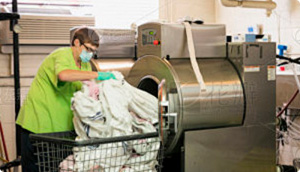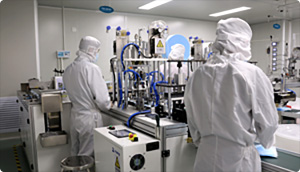Beijing Friendship Hospital Affiliated to Capital Medical University was founded in 1952. Formerly known as the Red Cross Hospital of the Soviet Union in Beijing, it was the first large-scale comprehensive hospital established by the Party and the government after the founding of New China. In the early days of the establishment of the hospital, Mao Zedong, Zhou Enlai, Liu Shaoqi, Zhu De and other old-generation revolutionaries wrote inscriptions for the hospital. Chairman Mao Zedong's inscription is "Reduce people's diseases and improve people's health". In March 1957, the Soviet government officially handed over the hospital to our government, and Premier Zhou Enlai came to the hospital to attend the handover ceremony. In 1970, Premier Zhou personally named it "Beijing Friendship Hospital".
Born because of the country, grown by the city, valued by people, and new by the times. After more than 70 years of development, Beijing Friendship Hospital Affiliated to Capital Medical University has developed into a third-class A general hospital in Beijing integrating medical treatment, teaching, scientific research and prevention. It is the national clinical medical research center of digestive diseases and the national key laboratory of digestive health. The national traditional Chinese and Western medicine combined "flag" Ship" Hospital Pilot Unit, the Second Clinical Medical College of Capital Medical University. Entering the new era, the hospital conforms to the development and changes of the capital. Based on the functional positioning of Beijing's "four centers", it implements the overall urban plan of Beijing, and serves the non-capital function dredging. It has formed a new development pattern of "three districts and one" of the outpatient department of Xicheng Hospital District, Tongzhou Hospital District, Shunyi Hospital District and the deputy central administrative office district of the city, for the hospital's high Lay the foundation for quality development.
The hospital has more than 6,200 employees, including 1 academician of the Chinese Academy of Engineering, 3 Beijing scholars, 261 postgraduate tutors, 848 senior professional and technical personnel, and 95 chief members, deputy chief and deputy chief members of national and Beijing municipal professional committees and editors-in-chief and deputy editors-in-chief of core journals. At present, there are 3,306 beds in the third hospital district. In 2024, the total number of outpatients will be 4.137 million, and 127,000 patients will be discharged. The hospital is the first batch of basic medical insurance Class A designated medical institutions in Beijing. It has realized outpatient and inpatient off-site medical card settlement services. It is also one of the earliest hospitals in China to undertake the task of cadre health care and foreign medical treatment.
The hospital has obvious comprehensive advantages and outstanding specialty characteristics, with a total of 50 clinical medical technology departments and platform departments. Diagnosis and treatment of digestive and urinary system diseases, liver and kidney transplantation, diagnosis and treatment of tropical diseases and parasites, the combination of traditional Chinese and Western medicine, and clinical imaging diagnosis and interventional treatment are the professional characteristics of the hospital. In December 2018, the hospital became the first batch of pilot units to establish a modern hospital management system in the country, and gradually formed a modern hospital management system with the characteristics of friendship, clear powers and responsibilities, scientific management, perfect governance, efficient operation and strong supervision.






